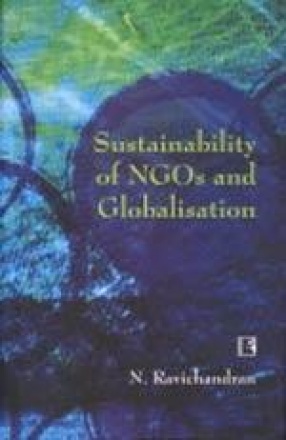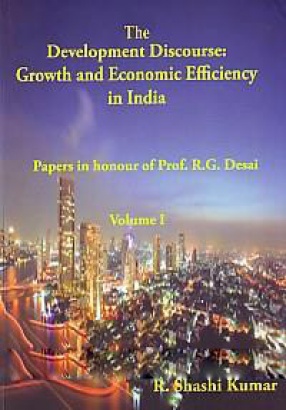In the era of globalisation, successful implementation of development programmes requires an appropriate policy framework, formulation of suitable plan and schemes, and an effective delivery machinery. Indeed, development is a process of mutual endeavour that calls for the involvement of people in all the segments of society. This has necessitated the emergence of institutions, which can function as a catalyst between the state and the civil society, while still remaining independent of direct government intervention. Conversely, past experiences of NGOs suggest that availability of funds, by itself, is no panacea for the problems of poverty, backwardness and low human development anywhere in the world. This has provoked a series of question related to the behaviour of NGOs and their dynamics- a phenomenon largely missing during the last two decades. That is, the most profound question is concerned with the very contribution of NGOs the level and degree of implementation and, identified alternative development and their level of sustainability. Thus, no aspect of the development discourse can be carried forward today without paying attention to the work and the voice of NGOs. What is needed is not the creation of a completely new sustainability outlook, but the establishment of a firm contemporary agenda that builds on some of the proven strengths of the community-based agenda. Within this context, the thinking about sustainability in particular ought to be built on a firmer and more strategically robust foundation than available now. This book comprehensively reviews the key questions about aid and sustainability, including the changing motives for and the purposes of providing aid, the need for new aid targets, distinctions among various recipient NPOs, and the implications of globalisation. In fact, it is an attempt to understand the term ‘sustainability’ in the context of globalisation through a process of transforming that understanding into organizational action. Although, ‘sustainability’, ‘globalisation’ and ‘organizational action’ can stand by themselves, it may be a useful exercise to explore the sustainability concept under the globalisation setting, drawing on its own experiences and best practices from India.
Sustainability of NGOs and Globalisation
In stock
Free & Quick Delivery Worldwide
reviews
Bibliographic information
Title
Sustainability of NGOs and Globalisation
Author
Edition
1st ed.
Publisher
Rawat Publications, 2007
ISBN
8131601242
Length
xii+270p., Tables; Figures.
Subjects








There are no reviews yet.